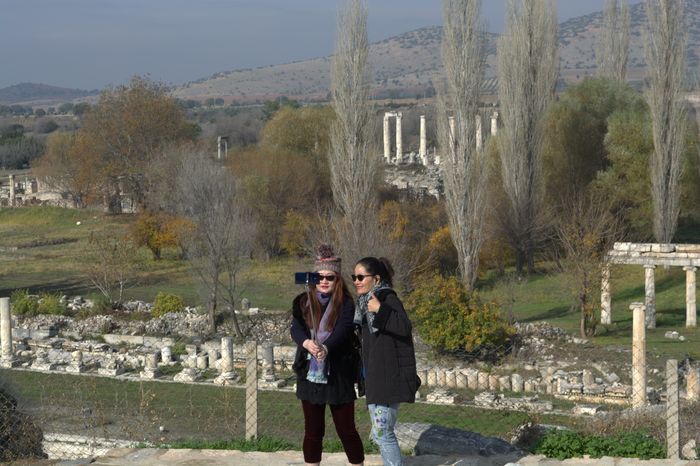So the Empress locked up Theodorus, one of Diogenes’s friends, in one of her private dungeons; and there first with flattery, then with flogging, tried to overwhelm him.
When he still resisted, she ordered a cord of oxhide to be wound around his head and then turned and tightened. But though they twisted the cord till his eyes started from their sockets and Theodora thought he would lose them completely, still he refused to confess what he had not done. Accordingly the judges, for lack of proof, acquitted him, while all the city took holiday to celebrate his release. And that was that.
17. How she saved five hundred harlots from a life of sin
I have told earlier in this narrative what she did to Belisarius, Photius and Buzes.
There were two members of the Blue faction, Cilicians by birth, who with a mob of others offered violence to Callinicus, Governor of the second Cilicia; and when his groom, who was standing near his master, tried to protect him, they slew the fellow before the eyes of the Governor and all the people.
The Governor, convicting the two of this and many previous murders, sentenced them to death. Theodora heard of this, and to show her preference f or the. Blues,. crucified Callinicus, without troubling to remove him from his office, on the spot where the murderers had been buried.
The Emperor affected to lament and mourn the death of his Governor, and sat around grumbling and making threats against those responsible for the deed. But he did nothing, except to seize the estate of the dead man.
Theodora also devoted considerable attention to the punishment of women caught in carnal sin. She picked up more than five hundred harlots in the Forum, who earned a miserable living by selling themselves there for three obols, and sent them to the opposite mainland, where they were locked up in the monastery called Repentance to force them to reform their way of life. Some of them, however, threw themselves from the parapets at night and thus freed themselves from an undesired salvation.
There were in Constantinople two girls: sisters, of a very illustrious family -not only had their father and grandfather been Consuls, but even before that their ancestors had been Senators. These girls had both married early, but became widows when their husbands died; and immediately Theodora, accusing them of living too merrily, chose new husbands for them, two common and disgusting fellows, and commanded the marriage to take place.
Read More about The Lay of Hildebrand part 1








